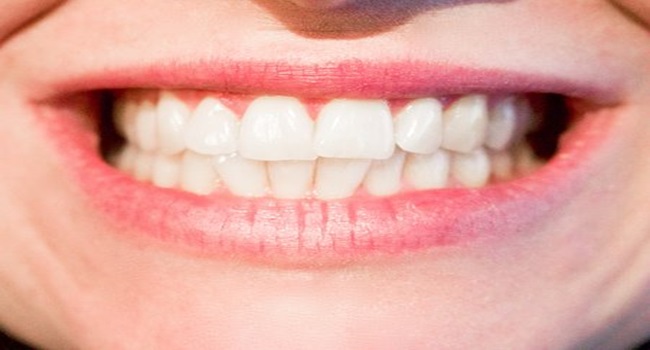Dental bonding is a popular cosmetic dentistry procedure that offers a quick and affordable way to enhance the appearance of your smile. Whether you have chipped, discolored, or slightly misaligned teeth, bonding can help restore your confidence by reshaping and rejuvenating your smile. But one common question patients often ask is, “Is dental bonding permanent?” Let’s explore the answer.
What Is Dental Bonding?
Dental bonding involves applying a tooth-colored resin to the surface of a tooth. The resin is shaped and sculpted to match the natural contours of your teeth and then hardened with a special light. The result is a natural-looking enhancement that blends seamlessly with your existing smile.
Bonding is commonly used to:
-
Repair chipped or cracked teeth
-
Close small gaps
-
Improve the shape of teeth
-
Cover stains or discoloration
-
Protect exposed tooth roots
How Long Does It Last?
While dental bonding is durable and effective, it is not considered a permanent solution. On average, bonding can last anywhere from 3 to 10 years, depending on several factors such as:
-
The location of the bonded tooth
-
Your oral hygiene habits
-
Your bite and eating habits
-
Avoidance of habits like nail-biting or chewing on hard objects
Over time, the bonding material may wear down, chip, or become stained. Fortunately, touch-ups or complete replacements are relatively simple and cost-effective.
How to Extend the Life of Dental Bonding
Taking good care of your bonding can help extend its lifespan. Here are a few tips:
-
Brush and floss daily to keep your teeth clean
-
Avoid biting down on hard foods or objects
-
Limit consumption of coffee, tea, wine, and tobacco to reduce staining
-
Visit your dentist regularly for cleanings and checkups
-
Wear a mouthguard if you grind your teeth at night
Is It the Right Choice for You?
Dental bonding is an excellent option for minor cosmetic improvements. It’s less invasive than veneers or crowns and usually requires no anesthesia. However, for more extensive smile makeovers or long-term solutions, your dentist may recommend porcelain veneers or other restorative treatments that offer greater durability and resistance to stains.
Conclusion
Dental bonding is a fantastic way to quickly and affordably improve your smile, but it’s not a lifetime fix. With proper care, it can last for years and help you maintain a beautiful appearance. If you’re looking to refresh your smile with minimal investment and downtime, dental bonding could be the right choice—just remember that touch-ups may be needed down the road.


